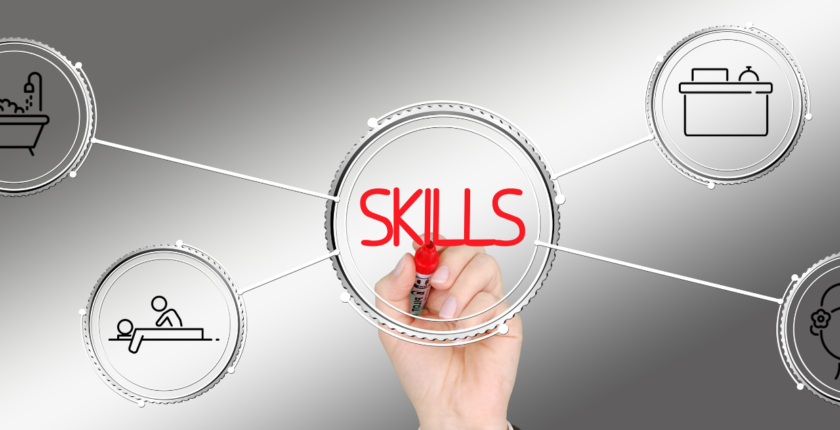Hard skill and Soft Skill of Therapist
Understanding Hard Skills for Therapists
Hard skills form the foundation of a therapist’s professional competence. These skills encompass the technical and clinical proficiencies acquired through education, training, and practical experience. A therapist’s hard skills typically include:
- Education and Specialization: Acquiring degrees, certifications, and specialized training in various therapy modalities such as cognitive-behavioral therapy (CBT), dialectical behavior therapy (DBT), or family systems therapy.
- Clinical Assessment: The ability to conduct thorough psychological assessments, diagnose mental health conditions, and develop treatment plans based on evidence-based practices.
- Therapeutic Techniques: Proficiency in employing specific therapeutic interventions and techniques tailored to individual client needs, including mindfulness, relaxation techniques, and exposure therapy.
- Ethical Framework: Knowledge and adherence to ethical guidelines and standards of practice established by professional bodies, ensuring client confidentiality, boundaries, and ethical decision-making.
The Role of Soft Skills in Therapeutic Practice
While hard skills are crucial, the success of therapy often hinges on a therapist’s soft skills—intangible qualities that facilitate meaningful connections and effective communication with clients. These skills include:
- Empathy and Compassion: The ability to empathize with clients, understand their emotions, and convey genuine care and concern while maintaining professional boundaries.
- Active Listening: The skill of listening attentively and empathetically to clients without judgment, comprehending their concerns, and providing supportive feedback.
- Communication and Rapport Building: Effective verbal and non-verbal communication to establish trust and rapport, creating a safe and non-judgmental space for clients to share their thoughts and feelings.
- Cultural Competence: Being culturally sensitive and aware of diverse backgrounds, respecting individual differences, and adapting therapeutic approaches accordingly.
The Synergy of Hard and Soft Skills
The synergy between hard and soft skills is pivotal in therapeutic efficacy. While hard skills guide the technical aspects of therapy, soft skills facilitate a deeper connection, fostering trust and cooperation between therapist and client.
A therapist’s ability to seamlessly integrate hard skills like diagnostic expertise and treatment modalities with soft skills such as empathy and effective communication results in a comprehensive therapeutic experience that nurtures healing and growth.
Cultivating and Enhancing Therapeutic Skills
For therapists, continual growth and refinement of both hard and soft skills are imperative. Engaging in ongoing education, workshops, supervision, and peer support can aid in skill enhancement. Additionally, self-reflection, mindfulness practices, and seeking constructive feedback contribute to personal and professional development.
Conclusion
In the realm of therapy, success isn’t solely defined by technical proficiency but by the harmonious amalgamation of hard and soft skills. Aspiring therapists and seasoned professionals alike must strive to cultivate a balance between the technical expertise necessary for effective treatment and the interpersonal skills essential for building authentic connections and fostering positive change in their clients’ lives.


